Dec 7, 2017
Error Types on Weird English Signs in Japan
English is undoubtedly a complex language and there are so many ways to mess it up. Here are some prime examples of signs found on the streets of Japan that contain messages that may sound a bit off to the native English speaker, whether that is by translation error, by unintentionally strange meanings in English, or by some other means entirely.
Homophones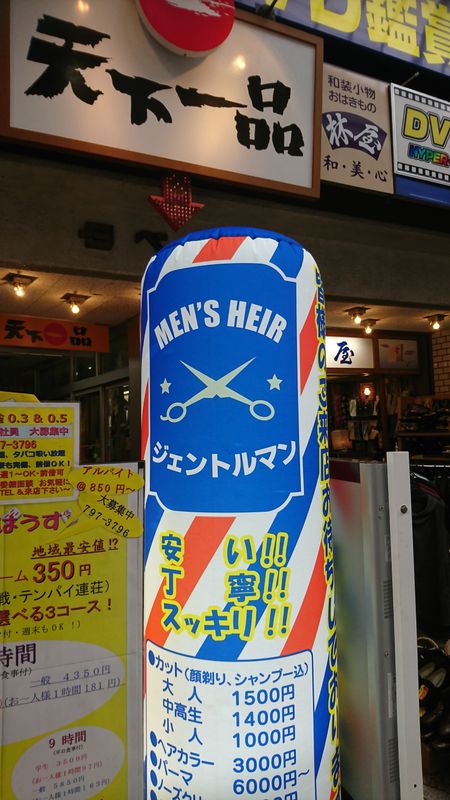
Homophones are words that sound the same in English but sometimes have different spellings and always have different meanings. Here, most English language learners should not have a hard time discerning the error. Hair, the stuff you would have a barber trim, has been misspelled as heir, the intended recipient of an inheritance. People should know that this is not the word, but if they type it into a computer, spell check will not catch this mistake. In my time in Japan, I have to admit that spotting this sign earlier this month was my first time to see this specific pair of homophones exchanged in Japan. A significantly more common example is plain and plane, which is frequently found on poorly proof-read menus.
Unintentionally Funny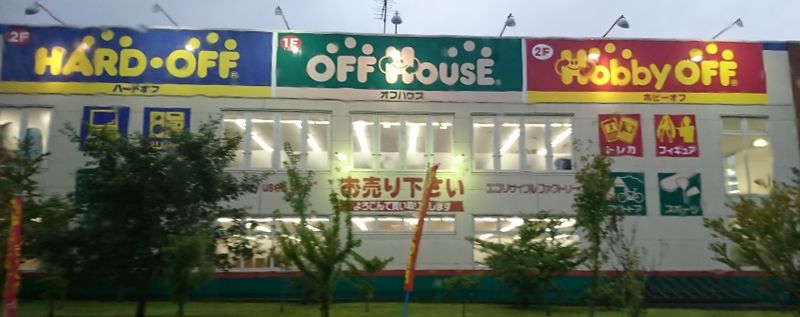
The Book-Off brethren of Hard-Off, Off-House, and Hobby-Off were developed with the idea of Off meaning discounted (such as a 50% off sale) and associating it with the category of items that would be available in the given store. Book-Off is known for its great selection of second-hand reading material as well as music and a number of other items depending on the location. Second-hand hardware is available at Hard-Off, with second-hand housewares at Off-House and second-hand hobby supplies at Hobby-Off. Unfortunately, in English, adding off to some words can make things sound unintentionally humorous, especially to those of us with a more puerile sense of humor, including myself.
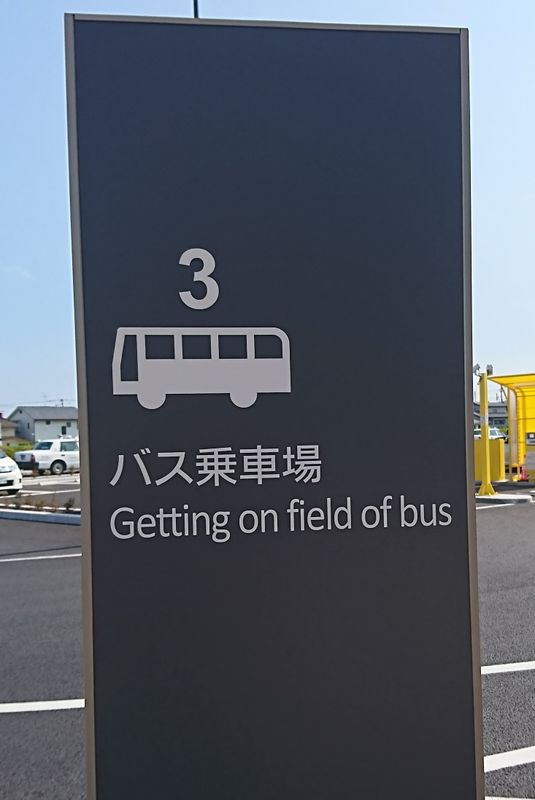
Getting on field of bus. Of course, being that this sign is found in front of a train station by the bus pool, it is not hard to decipher the true intended meaning of the sign. Bus pool. That was all that they had to write, yet some enthusiastic sign-writer tried to be a little bit different and come up with their own way of saying it. Unfortunately, they happened upon "getting on" which has an unintended idiomatic meaning that should generally not be connected to buses in a field. When I read this sign, I picture a field where the buses go to frolic and make more buses, and it is extremely awkward.
Maybe It's Just Me
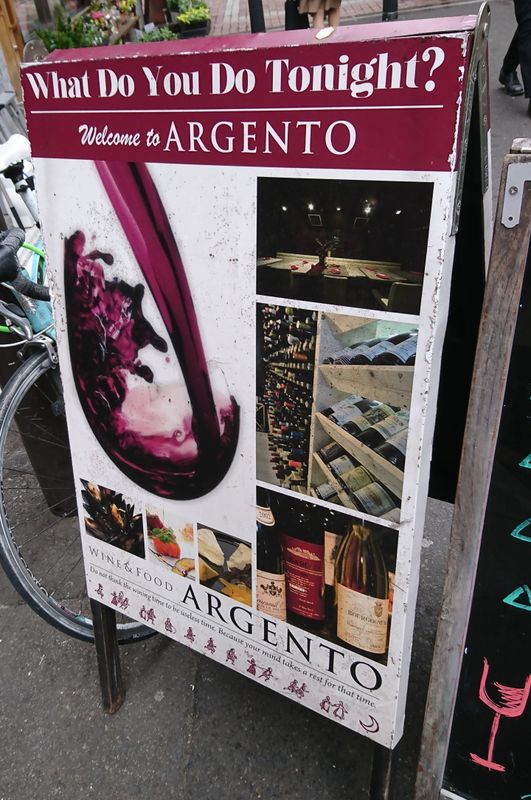
"What do you do tonight?" would be more grammatically correct as "What are you doing tonight?" which was of course the intended meaning, and the sign itself is not too far off from normal. It is understandable and not terribly strange unless you're a fan of Italian horror cinema, in which case Argento means Dario Argento, the famed Italian horror director. If that's the case, your brain answers this question with, "Die. Most likely die. Or go insane. Then die." because that is what happens in the world of Argento.
But What Does It Mean?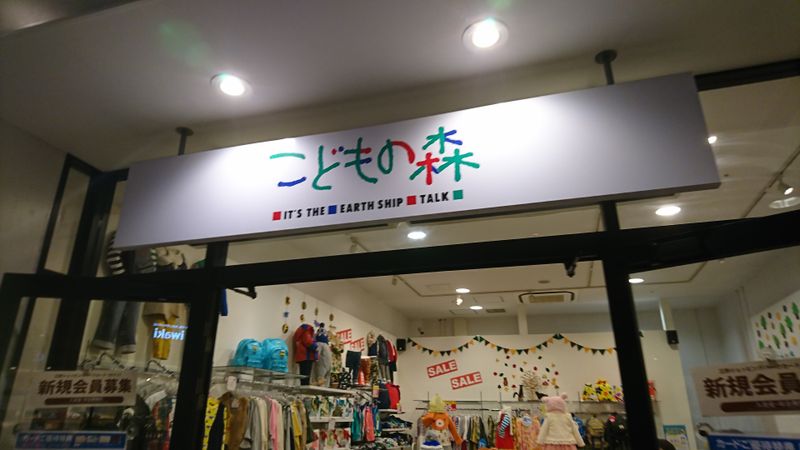
A children's clothing store that I saw a few weeks ago for some reason opted for random strange English as a subtitle to their fairly normal store name, Kodomo no Mori, or Children's Forest. Of course, this sign isn't terribly important as it will not save a life or prevent someone from following the rules due to its strange English, but I still wonder where they got the idea for that English and what they think it means. IT'S THE. EARTH SHIP. TALK. I want to ask, "To whom? About what? Are we on the Earth ship now?" but the Children's Forest holds no response.



0 Comments